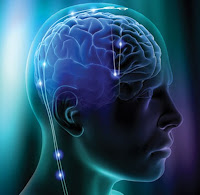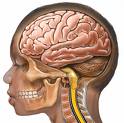Asperger Syndrome in Adulthood

Aspergers, a form of autism with normal ability and normal syntactical speech, is associated with a variety of comorbid psychiatric disorders. The disorder is well known to child psychiatry, and we are beginning to recognize the extent of its impact in adulthood. The article reviews the diagnosis and assessment of Aspergers and its links with a wide range of psychiatric issues, including mental disorder, offending and mental capacity. It also describes the broader, non-psychiatric management of Aspergers itself, which includes social and occupational support and education, before touching on the implications the disorder has for our services. Aspergers comes not only with its own characteristics, but also with a wide variety of comorbid conditions such as depression, anxiety, obsessive–compulsive disorder, attention-deficit hyperactivity disorder (ADHD) and alcoholism, and relationship difficulties (including family/marital problems) (Tantam, 2003). It may predispose people to




